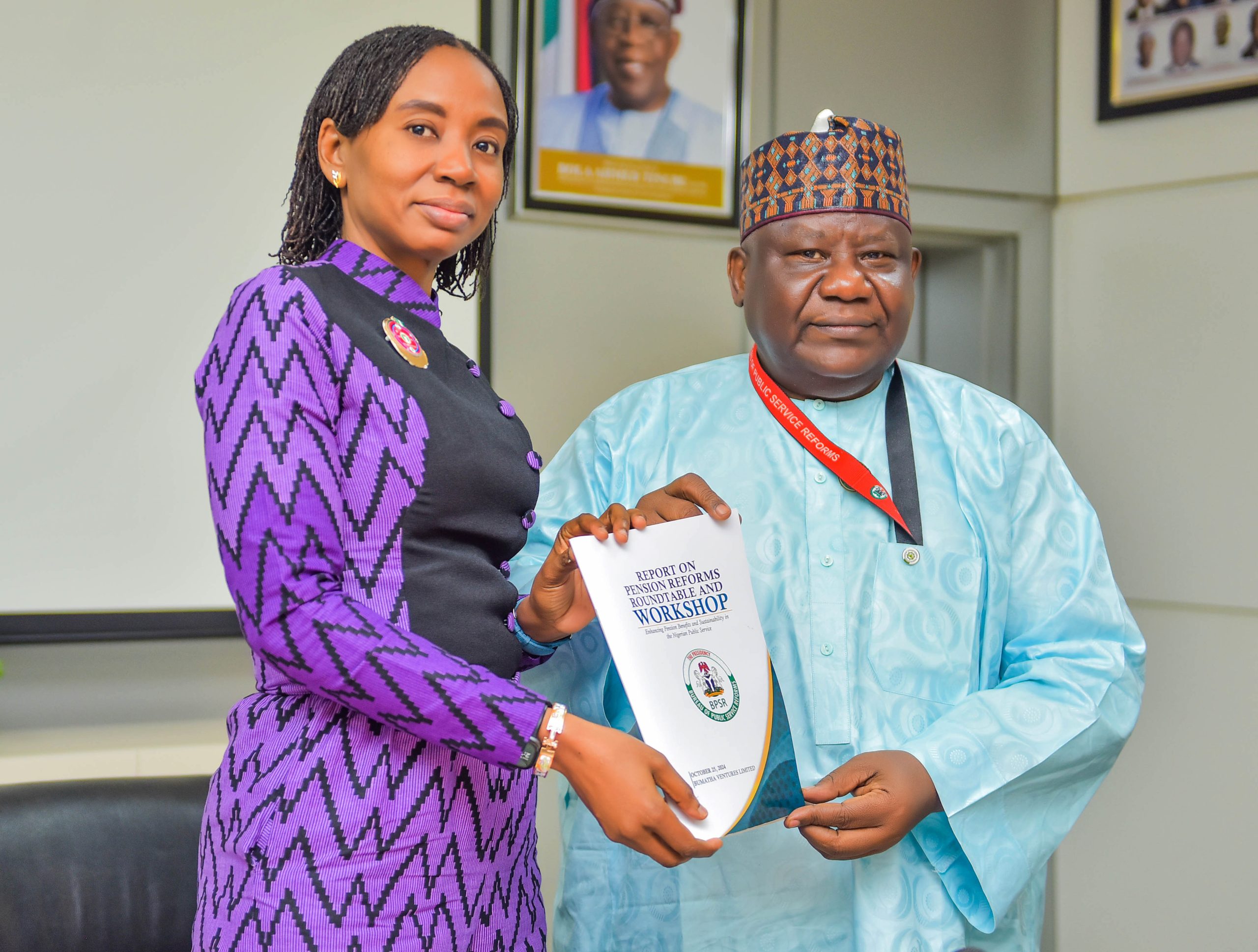Post-Retirement Mortality: BPSR, PenCom Express Concern Over Rising Deaths Among Civil Servants
… Efforts Underway to Integrate IPPIS with Pension Management
In response to growing concerns over the alarming rate of deaths among civil servants shortly after retirement, the Bureau of Public Service Reforms (BPSR) and the National Pension Commission (PenCom) have unveiled plans to enhance pension management and facilitate smoother transitions for retiring public servants in Nigeria.
The announcement came during a recent meeting between the Director General of BPSR, Dasuki Arabi, and PenCom’s Director General, Mrs. Omolola Oloworaran, at PenCom’s Abuja office.
A key focus of their discussions was the potential integration of PenCom’s pension system with the Integrated Payroll and Personnel Information System (IPPIS), a government initiative aimed at streamlining personnel and payroll data management.
Oloworaran highlighted the urgent need for comprehensive training programs for civil servants approaching retirement, citing a distressing statistic: over 40 percent of public servants die shortly after leaving service. She emphasized the importance of preparing employees well in advance of retirement, stating, “We are looking to find ways to integrate our processes, learn from each other, and develop a more robust curriculum. Our goal is to ensure that civil servants can identify their future career paths years before they retire, allowing them to transition smoothly into new opportunities.”
“The survey we conducted about four years ago indicated that more than 40 percent of civil servants die shortly after retirement. This reality demands that we find solutions by advancing the timeline for pre-retirement training, so individuals can acquire skills in trades or fields they wish to pursue before they exit,” she added.
BPSR’s Director General, Dasuki Arabi, underscored the necessity of ongoing reforms within Nigeria’s pension system. “The management of pensions for retiring civil servants is a sensitive and substantial responsibility,” he stated.
Arabi also noted the significant challenges faced by the pension system before PenCom’s establishment in 2004, particularly the unsustainable defined benefits scheme that led to delays and the accumulation of pension arrears. He emphasized BPSR’s role in promoting the adoption of the Contributory Pension Scheme (CPS), which replaced the former system.
“The CPS ensures that both employees and employers contribute to pension funds, thereby fostering a more sustainable pension system,” he explained. He mentioned that BPSR is committed to organizing forums and roundtable discussions to address emerging challenges in the pension sector.
In a statement issued on Thursday, Aliyu Umar, Head of Strategic Communication at BPSR, reported that both agencies engaged in meaningful discussions aimed at bridging existing gaps in Nigeria’s pension system. They also explored how the integration of the pension scheme with the IPPIS could be further enhanced, recalling that provisions for the automatic transfer of retirees from salary to pension payments were included in the design of IPPIS, along with electronic documentation.
The leaders stressed the need for continuous reforms to tackle new challenges in the pension system. Despite initial successes, they acknowledged that fresh obstacles have emerged, particularly concerning pension disbursements and the integration of technology.


